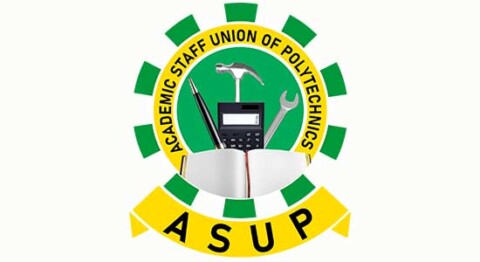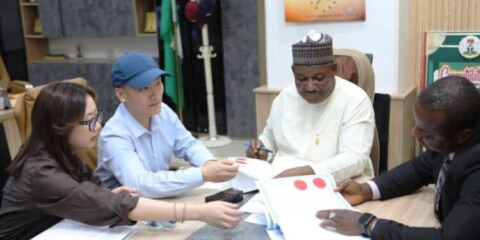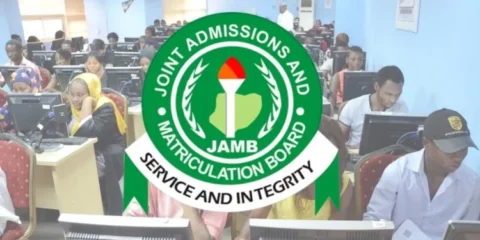The Director of the Global Affairs and Sustainable Development Institute at Osun State University, Osogbo, Professor John Agbonifo, has raised concerns about Nigeria’s fragmented strategy in implementing the Sustainable Development Goals (SDGs). He warned that unless the country fosters collaboration between the sciences and the humanities, achieving meaningful progress would remain elusive.
Speaking at the 2025 International Sustainable Development Dialogue held at Osun State University, themed “Sustainable Development in the Age of Crises: Humanities, Science and a More Equitable World”, Agbonifo emphasized the interconnected nature of the goals.
“You can’t tackle poverty (SDG 1) effectively if education (SDG 4) or gender equality (SDG 5) is neglected,” he explained. “When cases of sexual violence are resolved informally without justice, we erode our claims to equality and fairness. Solutions must be interdisciplinary and grounded in empathy. No one — and no field — should be left behind.”
Agbonifo also noted that the SDGs were created for a world far more stable than today’s. “We know the old strategies won’t work anymore. But we’re not giving up. We’re asking the hard questions: What can still be done, even in this climate?” he added.
The event, hosted in partnership with Rosa Luxemburg Stiftung, South Africa, also featured other global experts who echoed the urgency for new thinking and broader partnerships.
Dr Feng Mao, Associate Professor of Global Sustainable Development at the University of Warwick, cautioned against the prevalence of “helicopter research” in Africa. “When external researchers impose pre-designed solutions without involving local communities, they fail. Solutions must be co-created—by communities, researchers, and policymakers—working together,” he said.
Similarly, former Director-General of the Nigerian Institute of Advanced Legal Studies, Professor Mohammed Ladan, described the continent’s SDG performance as “deeply concerning.” He revealed that:
- Only 35% of SDG targets in Africa are on track or show moderate progress.
- About 27% show little to no movement.
- Alarmingly, 80% of energy-related goals have regressed below 2020 levels.
He attributed the setbacks to lingering impacts of COVID-19, regional conflicts, and growing poverty. “Africa now holds nine per cent of the global poor,” he noted. “The financial demands of the SDGs are high, and the funding gap is expanding. Without significant new investments, even minimal progress will be hard to sustain. Weak statistical systems further hinder our ability to monitor progress.”
Ladan stressed the need for collective regional action: “No single African nation can do this alone. We need regional cooperation supported by innovation, investment, and accountability. It’s not a time for despair, but for determined action.”
The dialogue also highlighted climate change and urban planning as key themes. Professor Gareth Doherty of Harvard University urged African cities to adopt long-term planning strategies. “With rising temperatures, we must design for the next fifty years, not just today. Trees are not just for aesthetics—they’re infrastructure. The time to act is now,” he said, citing the Osun Sacred Grove as a model for environmental balance and urban resilience.
However, Professor Moises Lino e Silva of the Federal University of Bahia, Brazil, warned that the Sacred Grove faces existential threats. “The biggest danger isn’t plastic or deforestation—it’s pollution from mining. Yet culture and spirituality continue to safeguard this ecosystem. The river goddess Osun, the sacred artworks, and the worshippers form a living system that protects the land,” he stated.
In his opening address, UNIOSUN Vice-Chancellor, Professor Odunayo Adebooye, acknowledged the complexity of global and local crises—from wars in Europe and the Middle East to Nigeria’s internal security and economic woes. “These crises intersect and worsen development challenges. Nonetheless, we hope the dialogue here sparks meaningful collaborations and bold responses,” he said.
As the event concluded, participants agreed on one thing: Africa cannot continue with business as usual. Achieving the SDGs will require dismantling silos, securing sustainable funding, and elevating grassroots perspectives.





